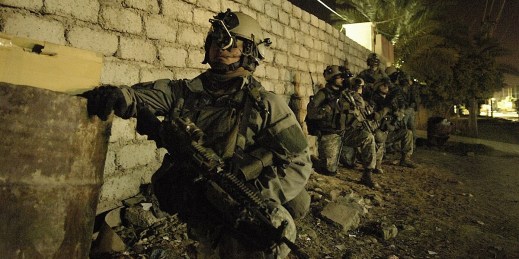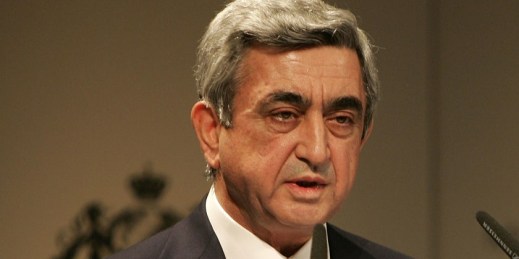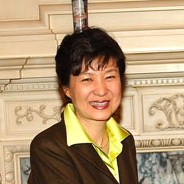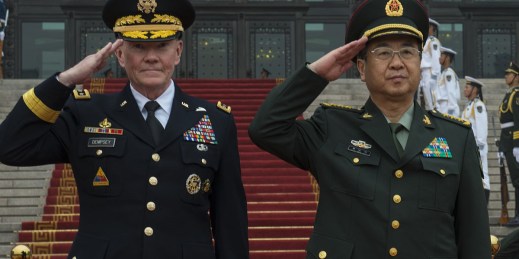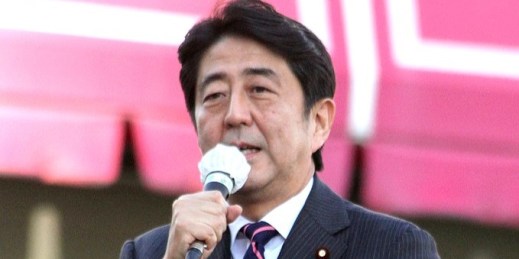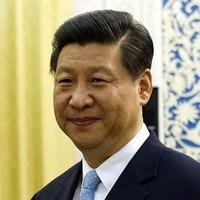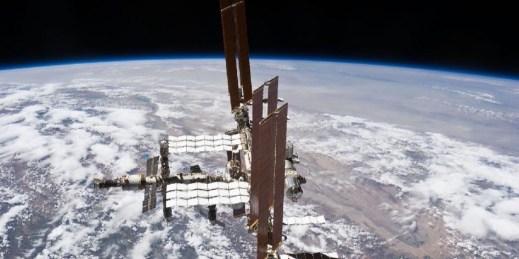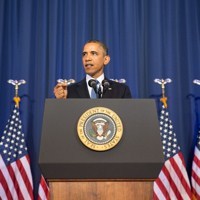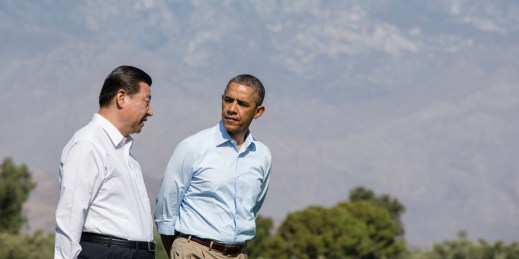
Russia and India are reportedly considering a $30 billion oil pipeline that would transit through China’s Xinjiang province. When seen in the context of other bilateral hydrocarbon initiatives between India and Russia, the discussions, first reported in late March, show that Russia is cultivating India in addition to China as part of its accelerated move away from dependence on European markets amid the ongoing Ukraine crisis. For its part, India, which has been on the lookout for stable sources of hydrocarbons outside the Middle East, finds a natural fit in Russia, given the two countries’ traditional ties and Russia’s vast […]



